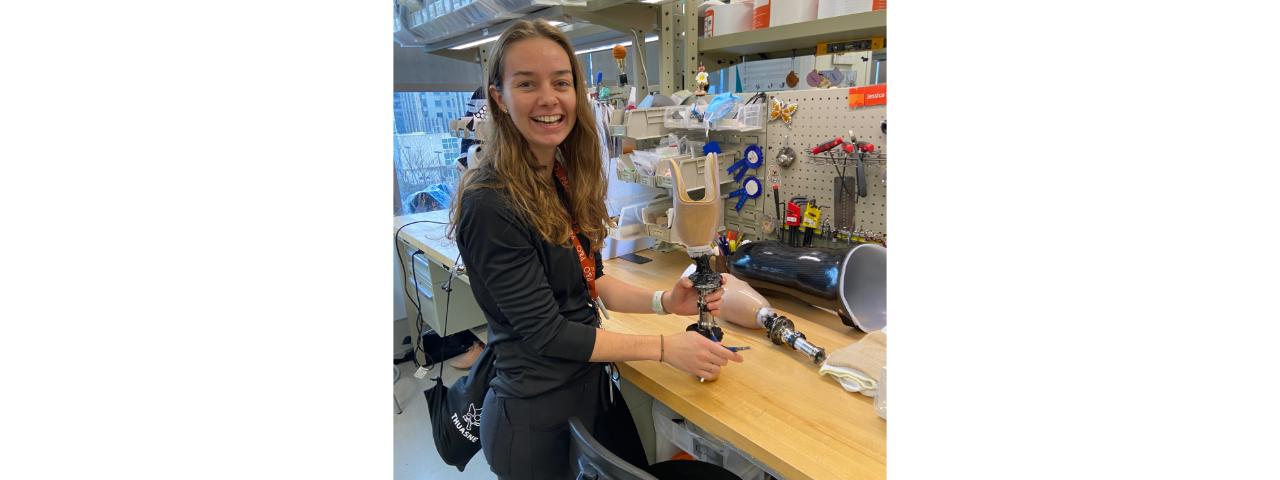Body
Stress can have real health consequences. High levels of stress can lead to increased heart rate, blood pressure, muscle tension and indigestion, and can negatively affect concentration and memory.
For those who already have chronic or acute pain, high or unmanaged stress can increase the perception of that pain even more.
One way to deal with stress is to learn how to develop a relaxation response. Relaxation techniques targeted at decreasing and managing tension are highly successful in the reduction of stress, and also are effective in reducing pain.
Mentioned Profile

Diane Amstutz, PhD
Pediatric Psychologist, Pain Management CenterFocus on Breathing
Body
One relaxation technique is focused breathing. Initially, this idea may seem silly. After all, our bodies breathe on their own, so we don’t need to pay attention to our breath. However, focusing on and paying attention to one’s breath promotes relaxation by allowing both the body and the mind to “let go.”
Start by putting your hand over your belly button and taking in a deep breath. What happens to your hand when you do this? It should rise as you inhale and fall as you exhale. Your chest should not move very much. Once you are able to breathe by expanding your diaphragm, you need to find a way to keep your mind focused on your breath. Try counting your breaths up to 10 and starting over, or saying the words “in” and “out” as you breathe.
You will notice that, as you start thinking about your breath, your mind will wander to other things. Do not become frustrated — this is normal! Even the most experienced practitioners find they can only stay focused for a minute or two before their mind wanders off and has to be redirected. When this happens, simply bring your attention back to your breath.
Body
Practice is important! Focused breathing is a skill, like any other. For it to be effective, you must practice regularly. Do it twice a day for 10 minutes or so each time. Here are some additional tips:
- Choose a good time and place to practice, where you will be uninterrupted and undistracted.
- Use a comfortable chair or recliner.
- Keep your eyes closed throughout the session, or focus your gaze on a single point. Dimmed lights are helpful.
- Let yourself become relaxed; try not to force the relaxation. Avoid thoughts about the exact timing or length of practice and concentrate on how you feel.
As you continue practicing, you will find that you are able to stay focused on your breath for longer periods of time. For guidance, use this resource, developed by the Pain Management Center at Shirley Ryan AbilityLab.
To learn more about services the Pain Management Center provides, please contact Jennifer Richert at jrichert@sralab.org or 312-238-1249.
